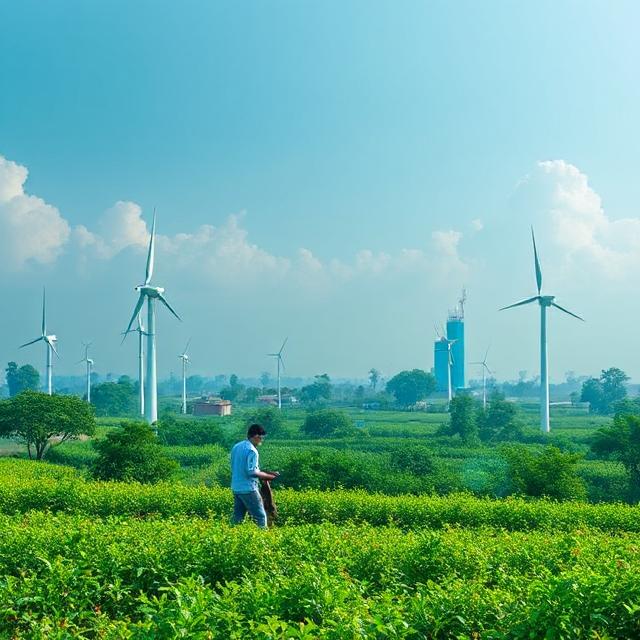India’s Pre-Engineered Building (PEB) sector is undergoing a transformative shift as industry leaders push for deeper integration of digital technologies and sustainable practices. At the recently held Everest Connect 2025 summit in Mumbai, key stakeholders from across the structural steel and construction value chain came together to highlight the ongoing evolution of PEBs driven by innovation, efficiency, and environmental responsibility.
Central to the discussions was the growing adoption of digital transformation tools such as AI-driven design, Building Information Modelling (BIM), cyber-physical systems, and automation. These technologies are enabling more precise engineering, reduced project timelines, and enhanced safety and quality outcomes. The Internet of Things (IoT) is also emerging as a key enabler, allowing real-time monitoring of construction processes and operational performance of completed structures.
Equally significant was the emphasis on sustainability. Modular construction techniques using structural steel are becoming popular for their ability to reduce material wastage, energy consumption, and carbon footprint. Leaders at the summit noted that energy-efficient PEB systems are gaining preference across sectors such as warehousing, data centres, manufacturing, and high-rise infrastructure.
The ability of prefabricated steel buildings to support fast and scalable construction is proving essential in meeting the infrastructure demands of rapidly urbanising regions. With India’s data centre industry and industrial base expanding at a record pace, the PEB model offers cost-effective, durable, and environment-friendly solutions to meet this demand.
Experts concluded that the convergence of digital tools with modular steel design will play a pivotal role in shaping the future of India’s infrastructure landscape. Companies that invest in tech-enabled construction and sustainable design are likely to gain a competitive edge in the evolving market.





